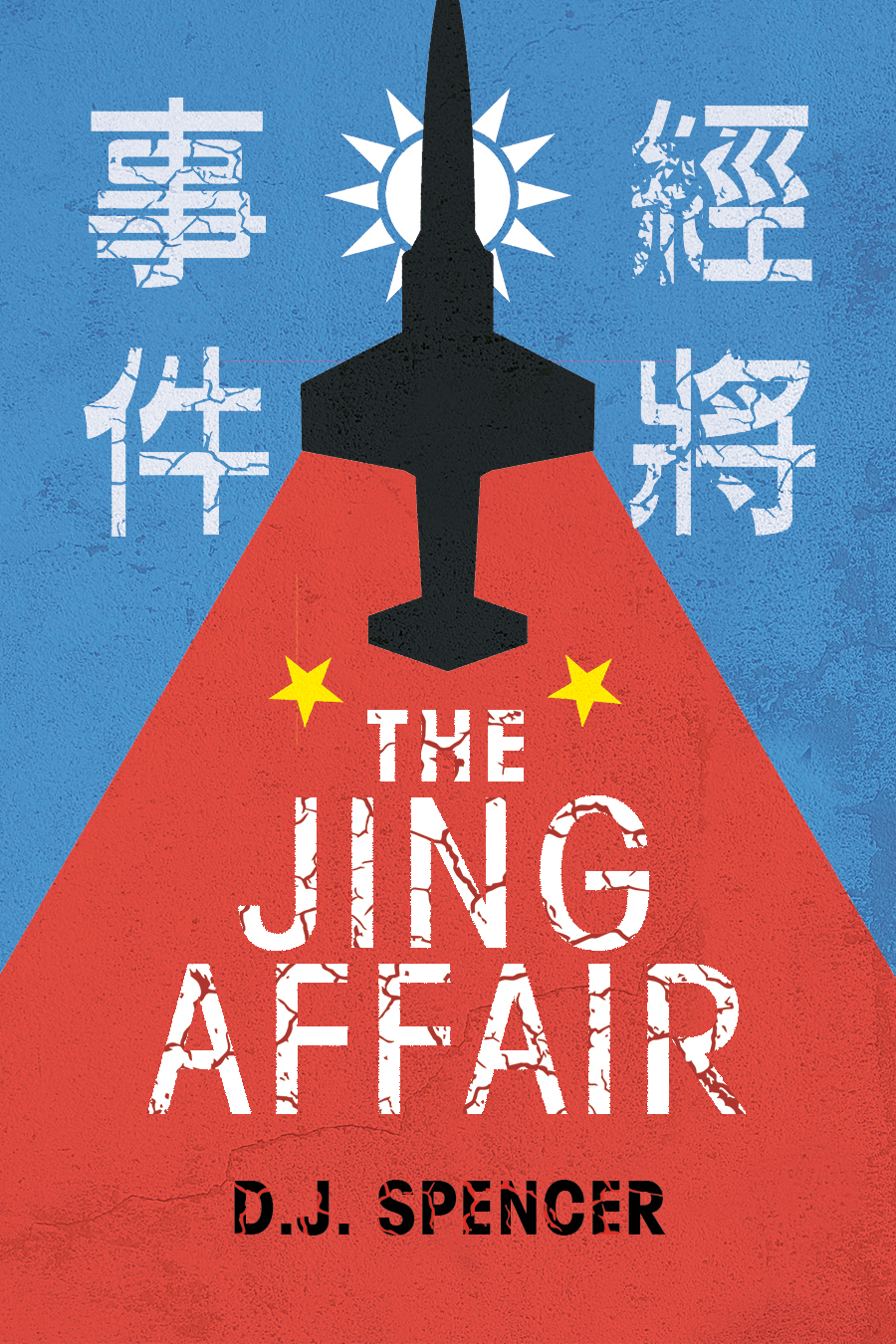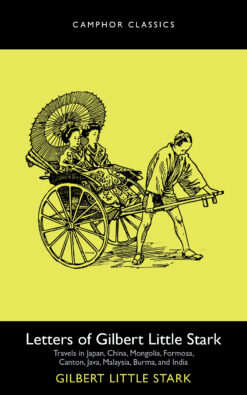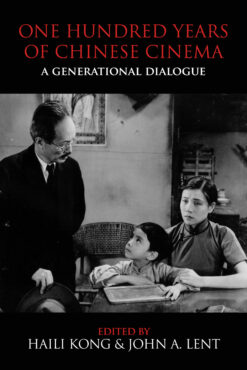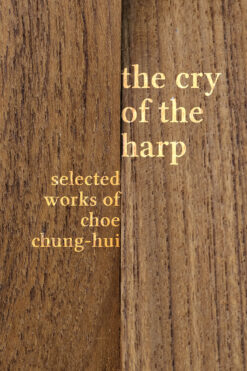The Jing Affair
D.J. Spencer
Camphor Press | February 2018 | 304 pages
![]() $5.99 (e-book) | ISBN
978-1-78869-146-8
$5.99 (e-book) | ISBN
978-1-78869-146-8
![]() $14.99 (paperback) | ISBN
978-1-78869-147-5
$14.99 (paperback) | ISBN
978-1-78869-147-5
We have temporarily suspended direct orders from our website while we address supply chain issues.
However this title is also available from:
Amazon
Description
The Jing Affair is Taiwan’s standout Cold War novel, a page-turning action thriller describing the bloody resistance to a combined military coup and invasion.
As American surveillance reports come in of troop build-ups near the Chinese coast, Taiwan’s KMT leaders are seen gathering at a secret base in the mountains. With all signs pointing to an imminent betrayal of Taiwan to China by secret police chief General Jing, the call goes out to implement Contingency Plan S; long-dormant, pro-independence Taiwanese leaders and fighters assemble in the hills, while out in the Taiwan Strait aboard a U.S. Navy carrier, Taiwanese-born air force pilot Johnny Hsiao prepares for a daring undercover mission.
War comes to Taiwan on land, sea, and air. Clashes between Chinese and U.S. forces threaten to escalate into full-blown war, while Taiwanese are pitched against fellow Taiwanese. And the old tiger flag of the Formosa Republic will once more fly proudly into battle.
First published in 1965 under an alias, The Jing Affair is an audacious book. Dedicated to the victims of Taiwan’s White Terror, it spares no punches. The senile puppet president – the “Old Man” in the story – is a barely disguised then-president Chiang Kai-shek. The villainous General Jing has significant overlap with Chiang Ching-kuo, whom some feared would sell Taiwan out to Beijing (secret unification talks had, in fact, been held).
The identity of the author came to light with the publication of his daughter Danielle Flood’s memoir The Unquiet Daughter. D.J. Spencer was James (Jim) Flood, a long-time Foreign Service officer with the U.S. State Department (1951 to 1974) who had first come to Asia as a soldier in the Second World War and stayed on working as a reporter. Flood had a deep knowledge of Asia, and was based in Taiwan during the Second Taiwan Strait Crisis of 1958. Flood’s daughter makes a compelling case in her memoir that her parents were the inspiration for the main characters in Graham Greene’s acclaimed 1955 novel The Quiet American.
Related books
Gilbert Little Stark
| $2.99 | $14.99 | $24.99 |
| E-book | Paperback | Hardback |
Pak Tu-jin
| $14.99 | $24.99 |
| Paperback | Hardback |
Edited By Haili Kong And John A. Lent
| $24.99 | $44.99 |
| Paperback | Hardback |
Choe Chung-hui
| $14.99 | $24.99 |
| Paperback | Hardback |






